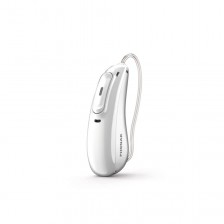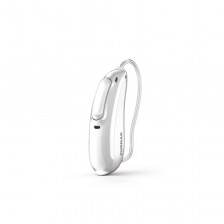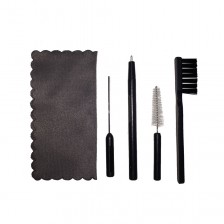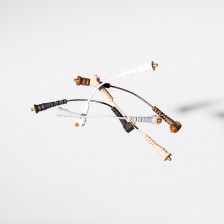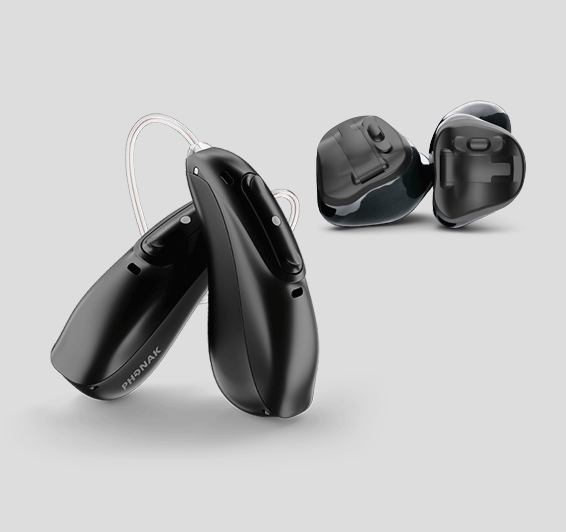Listening to loud music is no longer fashionable


We all have a song that we love to hear in the morning, another song that inspires us when we have a bad day, a theme for running and another that sounds when we need to concentrate to work. The soundtrack of our life is the one that gets bigger and in which we collect those songs with a special meaning for us. At Claso we want you to understand the risks of listening to loud music.
The risks of listening to music too loud
It was foreseeable and the WHO message was not long in coming. The World Health Organization has warned that listening to loud music has consequences for hearing health. It is possible to avoid deafness or any other kind of ailment in time if we wake up in time and turn down the volume before playing music. Think about it, that costs nothing and you'll appreciate it.
The WHO says that about half of users between the ages of 12 and 35, more than 1.1 billion people, may suffer a decrease in their hearing as a result of prolonged and excessive exposure to loud sounds. That also includes the music we hear through headphones and other audio devices. That's why listening to loud music is no longer fashionable.
WHO also wants to do its part and, together with the International Telecommunication Union (ITU), have issued a new international standard for the manufacture and use of devices. The aim is to make listening to each of us as safe as possible for hearing health.
According to those responsible, "This new WHO and ITU standard will do much to safeguard the health of these young consumers while doing something they enjoy.
With 466 million people worldwide suffering from hearing loss, this number is expected to double by 2050 to 900 million. The new international standard has been specially designed for mobile phones and music players, and its recommendations are as follows:
- Incorporate a feature that uses software to analyze the level and duration of the user's exposure to sound.
- The option to create a custom listening profile that informs the user whether the device has been used safely for their hearing.
- Show recommendations to the user on how to improve their practices and achieve safe listening.
- Options to limit volume, including automatic volume reduction and parental control.
WHO advises both governments and manufacturers of these devices adopt this standard on a voluntary basis, being aware of the step it would take for the hearing health of citizens. This is a mission in which we can all participate to prevent many health problems in the future.
Therefore, from here, we also join the work of spreading this information because we want to recommend a change of habit, if you are one of those people who hear their favorite song with the volume in extremis. I'm sure you'll still like it so much even if you download it a little bit.
Also, your soundtrack will continue to grow and you deserve to listen to it, don't you think?
